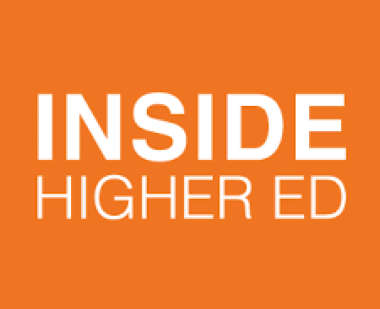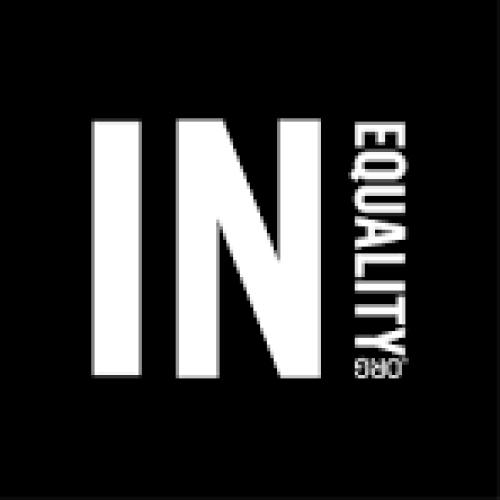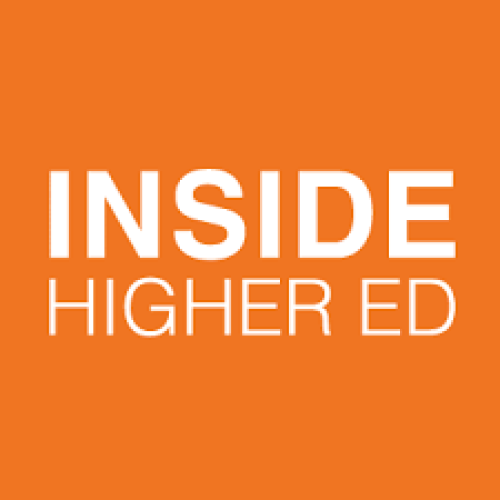
Test-optional admissions expanded during the COVID-19 pandemic to help promote equity in admissions. A new research project funded by the Bill & Melinda Gates Foundation, “Test Optional Admission Policy Equity Outcomes,” examines extracurricular involvement in the admissions process. The results show that extracurricular activities do not level the playing field; that the extracurricular section of a college application can contribute to admissions inequity as well. Associate Professor Julie J. Park explains the research in an op-ed in Inside Higher Education.
Applicants may see extracurricular involvement as a way to demonstrate their passions and individuality, and they still provide important insight into applicants. Still, admissions officers should be trained on how to fully consider relevant contexts that shape extracurricular involvement like finances and opportunity.
On average, white, Asian American, more affluent and private school students listed more activities, more top-level leadership roles, and were more likely to use terms reflecting excellence, honors and awards when describing their involvement. While Black, Latinx and Indigenous students listed fewer activities overall, they reported holding top-level leadership roles at a similar rate as white and Asian American students. In other words, underrepresented, racially minoritized students were just as likely to hold leadership roles in their organizations, but they listed fewer activities, likely due to lack of opportunity, finances and other privileges.
Our [finginds] is not a call to return to requiring the SAT/ACT, but institutions need to have serious conversations about how extracurricular activities should be weighed given persistent inequality.
Read the rest in Inside Higher Education.



